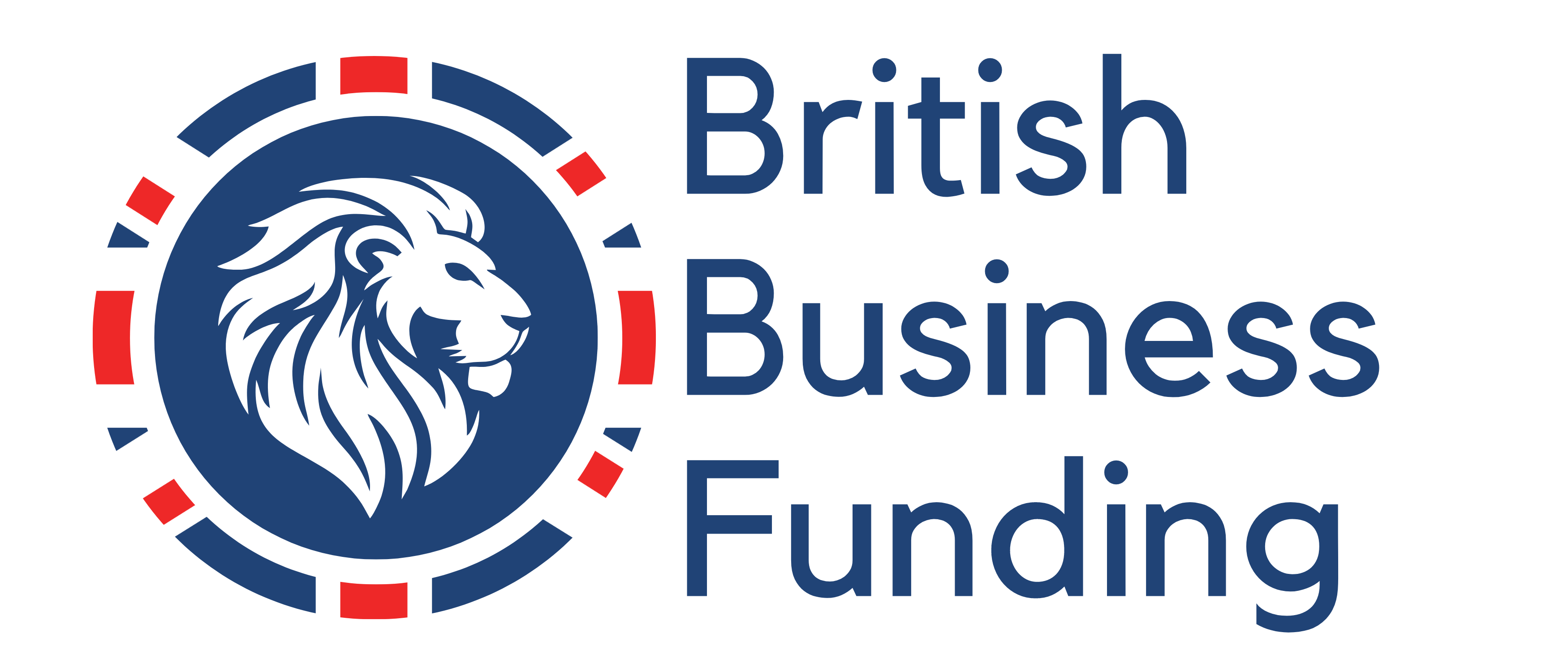As a business owner, finding the right financing option for your business is crucial for its growth and success. Whether you’re starting a new venture or looking to expand your existing operations, there are various types of business loans available to meet your financial needs. In this comprehensive guide, we will explore the different types of business loans, their features, and how to determine which option is best suited for your business.
1. Introduction
When it comes to business financing, there is no one-size-fits-all solution. Each type of business loan has its own requirements, benefits, and limitations. Understanding the various options available will help you make an informed decision and secure the funding that aligns with your business goals.
2. Unsecured Business Loans
Unsecured business loans are a popular choice for entrepreneurs who do not want to provide collateral or pledge personal assets. This type of financing relies on your creditworthiness and business performance. Let’s explore some common types of unsecured business loans.
– Personal Loans for Business
Personal loans can be used for both personal and business expenses. They provide flexibility in terms of usage and are typically based on your personal credit history. Personal loans are often suitable for small businesses and startups that do not have an established credit history. However, keep in mind that personal loans may have lower borrowing limits compared to business-specific loans.
– Small Business Administration (SBA) Loans
The Small Business Administration (SBA) offers loan programs designed to support small businesses. SBA loans are partially guaranteed by the government, making them less risky for lenders. These loans typically have competitive interest rates and longer repayment terms. However, the application process for SBA loans can be more complex and time-consuming compared to other types of loans.
– Business Lines of Credit
A business line of credit provides you with a predetermined credit limit that you can borrow against as needed. This type of financing offers flexibility and is suitable for businesses with fluctuating cash flow or short-term funding needs. Business lines of credit are revolving, meaning you can borrow, repay, and borrow again within the credit limit.
3. Secured Business Loans
Secured business loans require collateral, such as real estate, equipment, or inventory, to secure the loan. Collateral provides the lender with an added layer of security in case the borrower defaults on the loan. Here are some common types of secured business loans.
– Equipment Financing
Equipment financing allows businesses to purchase or lease equipment needed for their operations. The equipment itself serves as collateral for the loan, reducing the risk for the lender. This type of financing is often used by businesses in industries that rely heavily on specialised equipment, such as construction, manufacturing, or healthcare.
– Commercial Real Estate Loans
Commercial real estate loans are used to finance the purchase, construction, or renovation of commercial properties. These loans are secured by the property itself and typically have longer repayment terms. Commercial real estate loans are suitable for businesses looking to expand their physical footprint or invest in income-generating properties.
– Asset-Based Loans
Asset-based loans are secured by the borrower’s assets, such as accounts receivable, inventory, or equipment. The loan amount is based on the value of the assets being used as collateral. Asset-based loans are commonly used by businesses that have valuable assets but may not qualify for traditional loans due to credit history or cash flow issues.
4. Invoice Financing
Invoice financing, also known as accounts receivable financing, allows businesses to borrow against outstanding invoices. Instead of waiting for customers to pay, businesses can access a portion of the invoice value upfront. Invoice financing helps improve cash flow and bridge the gap between invoicing and receiving payment.
5. Merchant Cash Advances
Merchant cash advances provide businesses with a lump sum payment in exchange for a percentage of future sales. This type of financing is particularly common in industries with high credit card sales volumes, such as retail or restaurants. Merchant cash advances are convenient but can have higher interest rates compared to other types of loans.
6. Business Credit Cards
Business credit cards provide a revolving line of credit that can be used for business expenses. They offer convenience and flexibility, allowing you to make purchases and access cash when needed. Business credit cards often come with rewards programs and additional perks, such as travel insurance or purchase protection.
7. Crowdfunding
Crowdfunding has gained popularity as an alternative funding option for startups and small businesses. It involves raising money from a large number of individuals, typically through online platforms. Crowdfunding can be rewards-based, where backers receive a product or service in return, or equity-based, where backers receive ownership stakes in the business.
8. Grants and Government Programs
Grants and government programs provide non-repayable funds to businesses that meet specific criteria. These funds can be used for various purposes, such as research and development, job creation, or environmental initiatives. Grants and government programs are highly competitive, and the application process can be rigorous.
9. Choosing the Right Business Loan
Selecting the right business loan requires careful consideration of your business needs, financial situation, and future goals. Here are some factors to consider when choosing a business loan:
– Assessing Your Business Needs
Evaluate your business’s current financial situation and determine how much funding you need, what it will be used for, and the timeframe for repayment. Understanding your needs will help narrow down the options and find the loan that aligns with your goals.
– Evaluating Interest Rates and Terms
Compare interest rates, fees, and repayment terms across different lenders. Pay attention to annual percentage rates (APRs) and any additional charges associated with the loan. A lower interest rate and favourable terms can significantly impact the cost of borrowing.
– Considering Repayment Options
Consider the repayment structure that best suits your business’s cash flow. Some loans offer fixed monthly payments, while others may have flexible repayment terms based on revenue or sales. Ensure that the loan’s repayment schedule aligns with your business’s financial capabilities.
– Reviewing the Lender’s Reputation
Research the lender’s reputation, customer reviews, and track record. A reputable lender will provide transparent information, excellent customer service, and fair lending practices. Look for lenders that specialise in business loans and have experience working with businesses similar to yours.
10. Conclusion
Finding the right business loan is essential for ensuring the financial health and growth of your business. Whether you opt for an unsecured loan, secured loan, invoice financing, or alternative funding options like crowdfunding, grants, or government programs, understanding the features and considerations of each type of loan will help you make an informed decision.
Remember to assess your business needs, evaluate interest rates and terms, consider repayment options, and review the lender’s reputation before committing to a loan. By choosing the right financing option, you can fuel your business’s growth, seize opportunities, and achieve long-term success.
Now that you have a comprehensive understanding of the different types of business loans available, take the time to assess your business’s specific needs and explore the options that align with your goals.
Ready to take your business to new heights?
Here at British Business Funding we pride ourselves on finding you the best funding options for your business, so you don’t have to. Speak to our team today to find the right loan solutions for your business, we’ll make sure you get the best rates in the market because of our connections in the industry. We already have a huge network of providers ready to finance your business with the right loan.

